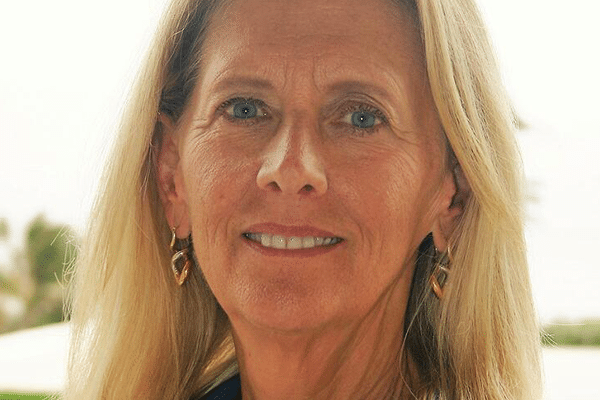
Lifestyle Medicine: Treating the Causes of Disease
If doctors can eliminate some of our leading killers by treating the underlying causes of chronic disease better than nearly any other medical intervention, why don’t more doctors do it?
Though I was trained as a general practitioner, my chosen specialty is lifestyle medicine. Yes, most of the reasons people go see their doctors is for diseases that could have been prevented, but Lifestyle medicine is not just about preventing chronic disease—it’s also about treating it. And not just treating the disease, it’s treating the causes of disease.
If people just did 4 simple things—not smoking, exercising a half hour a day, eating a diet that emphasizes whole plant foods, and not becoming obese–they may prevent most cases of diabetes and heart attacks, half of strokes, and a third of cancers. Even modest changes may be more effective in reducing cardiovascular disease, high blood pressure, heart failure, stroke, cancer, diabetes, and all-cause mortality than almost any other medical intervention.
The key difference between conventional medicine and lifestyle medicine is instead of just treating risk factors we treat the underlying causes of disease, as described in this landmark editorial. See, typically doctors treat “risk factors” for disease such as giving a lifetime’s worth of medications to lower high blood pressure, elevated blood sugar, and high cholesterol. But think about it. High blood pressure is just a symptom of diseased dysfunctional arteries. Yes, you can artificially lower blood pressure with drugs, but that’s not treating the underlying cause, which often comes down to things like diet and exercise, the penicillin of lifestyle medicine.
When the underlying lifestyle causes are addressed, patients often are able to stop taking medication or avoid surgery. We spend billions cracking people’s chests open, but only rarely does it actually prolong anyone’s life. In contrast, how about wiping out at least 90% of heart disease?
Think about it… heart disease accounts for more premature deaths than any other illness and is almost completely preventable simply by changing diet and lifestyle. Those same changes can prevent or reverse many other chronic diseases as well—the same dietary changes. So why don’t more doctors do it? Well, one reason is doctors don’t get paid for it. No one profits from lifestyle medicine, so it is not part of medical education or practice. Presently physicians lack training and financial incentives… so they continue to do what they know how to do: prescribe medication and perform surgery.
After Dean Ornish proved you could reverse our #1 cause of death, heart disease, open up arteries without drugs, without surgery, just with a plant-based diet and other healthy lifestyle changes, he thought that his studies would have a meaningful effect on the practice of mainstream cardiology. After all, a cure for our #1 killer! But, he admits, he was mistaken. Physician reimbursement, he realized, is a much more powerful determinant of medical practice than research.
Reimbursement more than research. Salary over science. Wealth versus health. Not a very flattering portrayal of the healing profession, but hey if docs won’t do it without getting paid, let’s get them paid.
So Dr. Ornish went to Washington arguing that look, “If we train and pay for doctors to learn how to help patients address the real causes of disease with lifestyle medicine and not just treat disease risk factors we could save trillions, and that’s just talking heart disease, diabetes, prostate and breast cancer.” The Take Back Your Health Act was introduced in the U.S. Senate to induce doctors to learn and practice lifestyle medicine not only because it works better but here’s the critical factor: physicians will be paid to do it. The bill died, just like the millions of Americans will continue to do with reversible chronic diseases.
Sources Cited
J. Allen, D. R. Anderson, B. Baun, S. N. Blair, L. S. Chapman, M. Eriksen, J. Fielding, G. Omenn, D. Ornish, K. R. Pelletier. Reflections on developments in health promotion in the past quarter century from founding members of the American Journal of Health Promotion Editorial Board. Am J Health Promot 2011 25(4):ei – eviii.
M. A. Hyman, D. Ornish, M. Roizen. Lifestyle medicine: Treating the causes of disease. Altern Ther Health Med 2009 15(6):12 – 14.
G. J. Egger, A. F. Binns, S. R. Rossner. The emergence of lifestyle medicine as a structured approach for management of chronic disease. Med. J. Aust. 2009 190(3):143 – 145.



